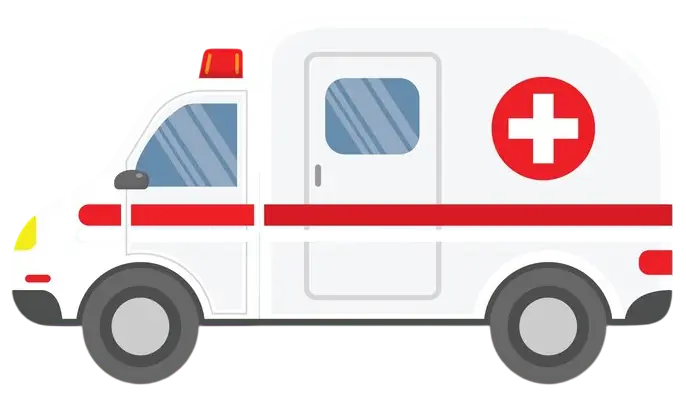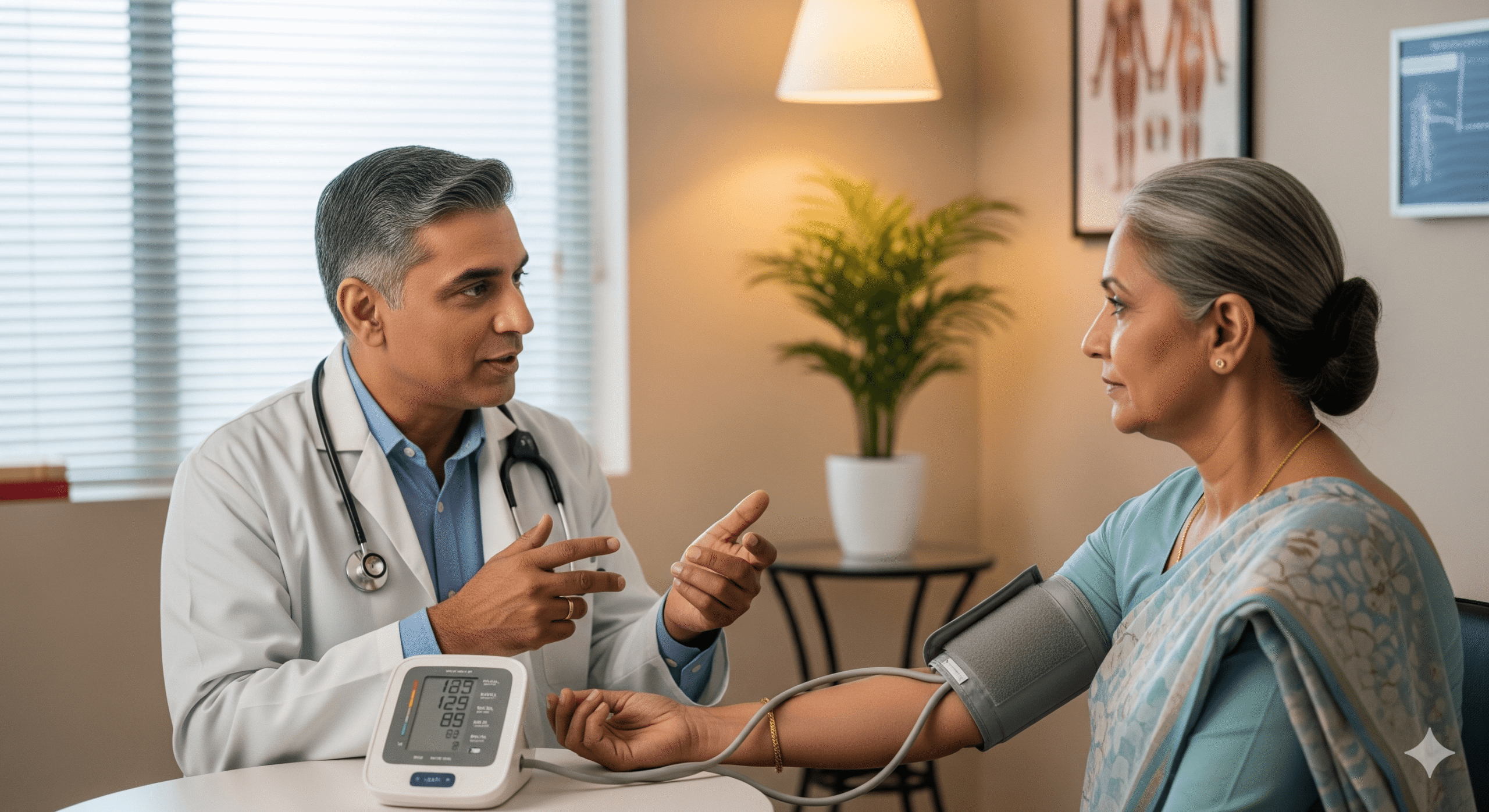High Blood Pressure: Causes, Dangers, and How to Lower It Naturally
High blood pressure, or hypertension, is often called a silent thief because it creeps in without much ceremony, stealing away health little by little, often without the body sounding any clear alarm. Yet for some, there are subtle hints; sometimes, the heart may race unexpectedly, a headache or a faint heaviness may linger in the chest- all of which should serve as reminders that the normal BP range is more than just a number on a monitor- it is the balance point between vitality and risk.
Causes Of High BP
The causes are seldom the work of a lone culprit, but rather a bustling marketplace of influences, each vying for control over the body’s delicate system of pressure regulation. Years of over-salted meals, late nights under the glow of screens, and a fondness for fried street snacks that glisten with oil can quietly tilt the balance; layer on the strain of urban life, with its deadlines, traffic snarls, and constant financial worries, and the arteries begin to stiffen, much like a garden hose left too long in the sun. Underneath it all, conditions like diabetes, kidney disease, or hormonal shifts can silently feed the cycle, turning blood pressure management into a far more demanding task.
Reduce Blood Pressure Naturally
With the right guidance, natural remedies for hypertension can be an effective part of daily life; following a blood pressure diet rich in vegetables, whole grains, pulses, and fruits supports heart health, while incorporating deep breathing, yoga, regular walks, and traditional spices such as garlic, cinnamon, and cardamom can offer strong support for high BP prevention.
Hypertension Control
To master hypertension treatment, one must think of it not as a single battle but as a long campaign that needs to be fought with patience and consistency. It begins with understanding high BP risks- strokes, heart attacks, kidney damage- and then taking deliberate steps to limit their grip. For some of you, medication becomes a reliable ally, prescribed and monitored by a doctor to keep the readings within the normal BP range. But it is also important to remember that your daily routine holds equal weight- rising early for a brisk walk while the morning air is still cool, keeping a watchful eye on salt intake, and learning to rest the mind in ways that melt away tension – these so-called lifestyle changes can help tremendously, in the long run.
Conclusion
Recognizing the early whispers, understanding the layered hypertension causes, and acting with both precise hypertension treatment and gentle natural remedies for hypertension can ease high BP risks. Through wise lifestyle changes for BP and steady blood pressure management, one not only gains more years, but richer, lighter, and healthier ones.
FAQs
The normal BP range for a healthy adult is generally around 120/80 mmHg, though slight variations are normal(sbp 100 to 120 and DBP 70 to 90) . Readings consistently above 130/80 mmHg may indicate hypertension, which should be discussed with a doctor for proper blood pressure management. Keeping track with regular checks ensures early detection and timely hypertension treatment if required.
Yes, with the right lifestyle changes for BP, many people can successfully manage or even reduce their pressure levels. This includes a balanced blood pressure diet, regular physical activity, stress reduction, and natural remedies for hypertension like garlic and potassium-rich foods. However, in some cases, medication is still necessary and should not be stopped without medical advice.
High BP risks include stroke, heart attack, kidney failure, vision loss, and vascular damage. These occur because persistent high pressure can weaken and damage the blood vessels over time. Preventing these outcomes depends on a combination of hypertension treatment, high BP prevention habits, and early diagnosis through regular check-ups
In a blood pressure diet, avoid excessive salt, deep-fried snacks, processed foods, pickles, and sugary beverages. Such foods increase sodium and unhealthy fats, which can worsen hypertension. Instead, focus on fresh, whole, and lightly cooked meals, which support blood pressure management and form part of effective hypertension treatment strategies.
For sudden mild spikes, lower BP tips include sitting calmly, practising deep breathing, sipping water, and avoiding stressful triggers in that moment. If readings remain high or symptoms like chest pain, dizziness, or breathlessness occur, seek immediate help, as it could signal a medical emergency. Always discuss recurring spikes with a doctor to adjust your blood pressure management plan.


